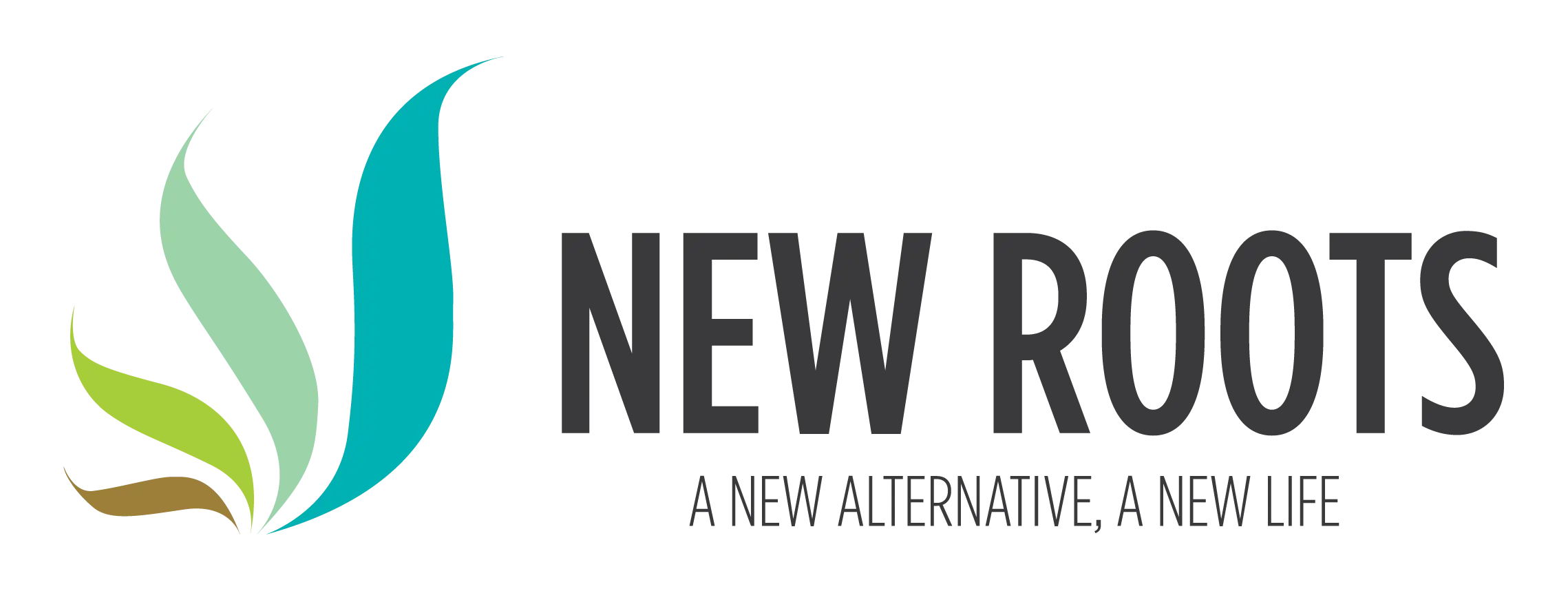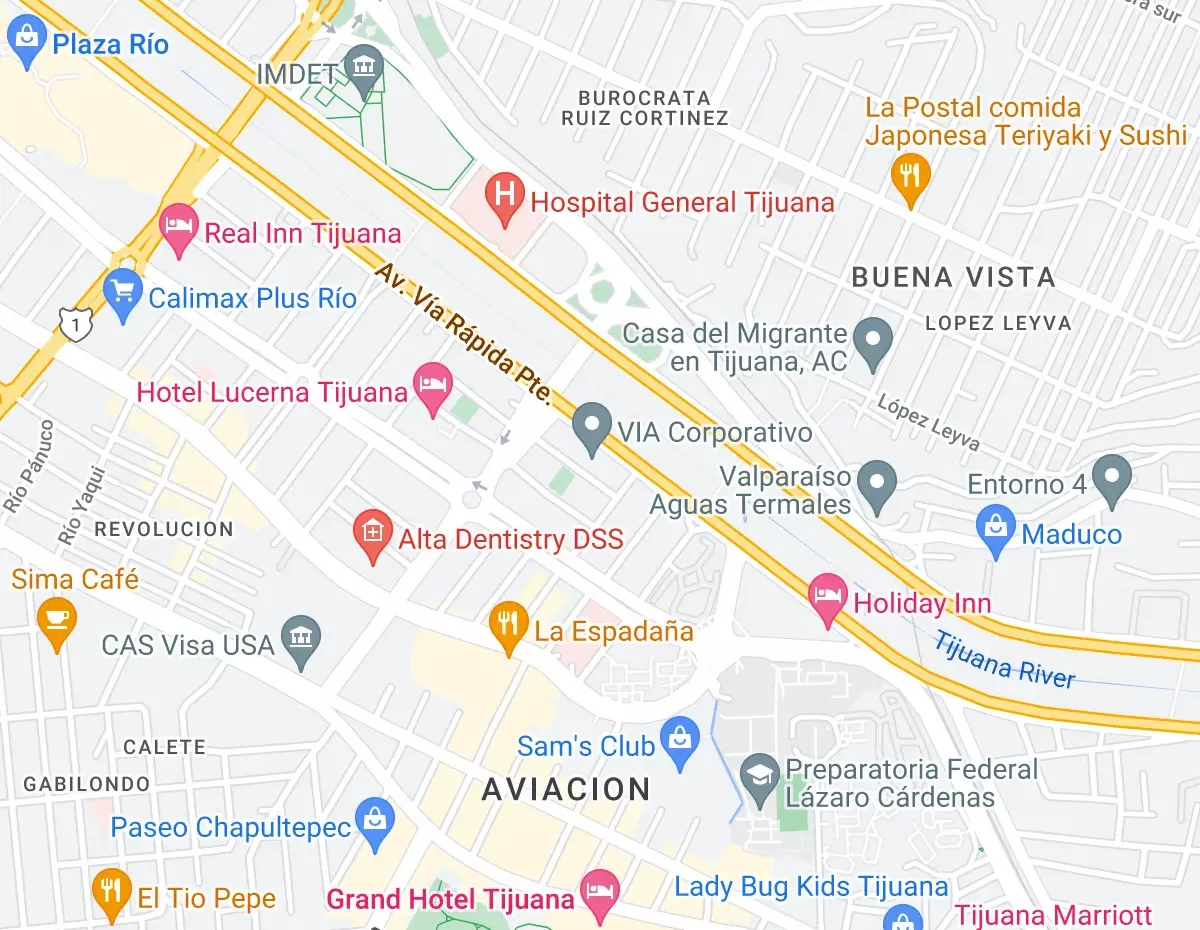The Harsh Reality of Addiction
An addiction to alcohol or drugs like heroin, prescription painkillers, cocaine, other addictive substances destroys individuals and their families. It can lead to death. When it doesn’t, it causes relentless physical, mental, emotional, and spiritual problems for the addicted person. Addiction robs people of their joy. It causes financial devastation, legal difficulties, problems with employment and other negative consequences. Addiction never gets better with time – it only gets worse. Is Addiction a Disease or a Choice?
There are two schools of thought when it comes to the definition of addiction. Some people think it is a disease. Other people believe addiction is a choice. Generally speaking, people around the world are divided when it comes to this issue. This includes medical doctors, mental health professionals, and other people in the field of addiction treatment.
Let’s explore these two ideas and see what we can come up with.
Is Addiction a Disease?
It is fair to say that MOST medical professionals and substance abuse experts lean toward the disease concept when it comes to addiction. This is the idea that someone who has a substance use disorder is sick, not bad.
If you believe that addiction is a disease, then you accept the idea that the brain has is essentially hijacked by drug or alcohol addiction. This interrupts an individual’s ability to think rationally and make sound decisions. It makes them powerless to stop their obsessive and compulsive use of drugs and alcohol. They cannot quit with sheer willpower.
The Clinical Definition of Addiction
Here is a complete clinical definition of addiction, provided by the American Society of Addiction Medicine:
“Addiction is a primary, chronic disease of brain reward, motivation, memory and related circuitry. Dysfunction in these circuits leads to characteristic biological, psychological, social and spiritual manifestations. This is reflected in an individual pathologically pursuing reward and/or relief by substance use and other behaviors.
“Addiction is characterized by inability to consistently abstain, impairment in behavioral control, craving, diminished recognition of significant problems with one’s behaviors and interpersonal relationships, and a dysfunctional emotional response. Like other chronic diseases, addiction often involves cycles of relapse and remission. Without treatment or engagement in recovery activities, addiction is progressive and can result in disability or premature death.”
Here is another clinical definition of addiction, provided by the U.S. National Institute on Drug Abuse (NIDA):
“Addiction is defined as a chronic, relapsing disorder characterized by compulsive drug seeking and use despite adverse consequences.† It is considered a brain disorder, because it involves functional changes to brain circuits involved in reward, stress, and self-control, and those changes may last a long time after a person has stopped taking drugs.”
Is Addiction a Choice?
Many people have a difficult time accepting that addiction is a disease. They simply don’t buy into definitions provided by addiction experts. They believe it is a choice.
If you happen to believe addiction is a choice, then you don’t believe that it is a disease. You believe that someone chooses to abuse drugs and continues because they want to continue – not because they are sick and have lost the ability to quit on their own.
Our Thoughts on the Definition of Addiction
At New Roots, our focus is to save lives and improve the quality of life for addicted patients who come to see us. To us, it really doesn’t matter if addiction is a disease or a choice.
This is an age-old debate, one that is sure to continue for many years to come. The real question is: how does arguing about what addiction is or isn’t get us any closer to a solution to the problem?
Here’s what we do know: addiction is a life-threatening condition. In the United States alone in 2016, there were more than 63,000 drug overdose deaths. If you believe addiction is a disease, that’s okay. If you believe addiction is a choice, that’s okay too. In either case, if you have an addiction to alcohol or drugs, you are slowly killing yourself. We want to help to find the answer Is Addiction a Disease or a Choice?
Studies show that one ibogaine treatment can break the chains of addiction and bring about a deep sense of personal freedom for the individual. THIS is what matters us!




